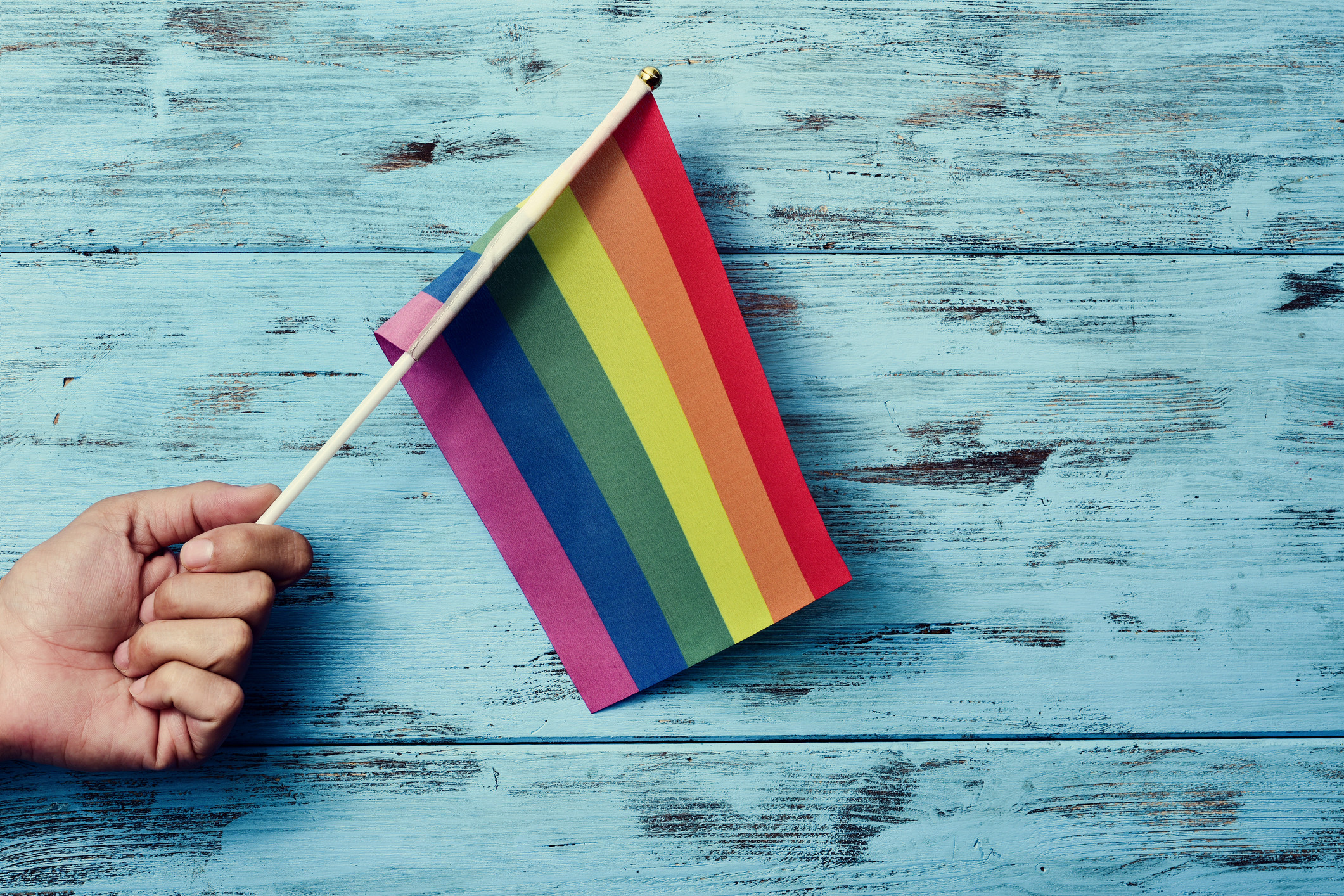Assaults on the LGBT+ community hit a record high in France last year

A report has found that internet and social media were the single largest source of anti-LGBT+ behaviour. Image: REUTERS/Gonzalo Fuentes

Get involved with our crowdsourced digital platform to deliver impact at scale
Stay up to date:
Gender Inequality
Physical attacks on gay, lesbian, bisexual and transgender people in France hit a record in 2018 in a “dark year” for the community, the support group SOS Homophobie said on Tuesday.
Its hotline, which allows victims to anonymously report assaults, recorded an unprecedented 66% hike last year, with 321 cases reported, up from 139 in 2017.
Overall complaints, including harassment and discrimination, rose for the third consecutive year to 1,905 in 2018, up 15% on 2017, it said, most taking place during daily activities - in local public spaces, at work, in school or while shopping.
“These figures are alarming and a wakeup call. They reflect the fact that LGBT people who have been victims of violence and discrimination are speaking up and breaking their silence,” SOS Homophobie said in a statement.
“They demonstrate the entrenchment and the persistence of LGBTphobias within French society.”
A spate of homophobic attacks in Paris during the latter part of 2018, which were widely publicised by victims on social media, prompted the LGBT+ community to demand urgent government action.
What is the Forum doing to boost inclusion for LGBTI people?
Equality minister Marlene Schiappa responded in November with a plan against LGBT+ violence. But SOS Homophobie said only two out of 10 actions were taken - a letter from the justice ministry to state officials and a school awareness campaign.
The internet and social media were the single largest source of anti-LGBT+ behaviour, leading to 23% of complaints, SOS Homophobie’s report found.
On a more positive note, the rise of the #MeToo movement and its French equivalent, #BalanceTonPorc - Expose Your Pig - at the end of 2017 have persuaded women to report more cases of sexual harassment and violence, it said.
As a result, complaints of homophobic behaviour against lesbians jumped 42% to 365 last year - equal to one case a day.
The French interior ministry largely backed SOS Homophobie’s findings, with figures released on Tuesday showing law enforcement officials recorded 1,378 victims of homophobic or transphobic acts last year, up 34% on 2017.
The government also pledged to present a new plan to combat LGBT+ discrimination in the coming weeks.
Don't miss any update on this topic
Create a free account and access your personalized content collection with our latest publications and analyses.
License and Republishing
World Economic Forum articles may be republished in accordance with the Creative Commons Attribution-NonCommercial-NoDerivatives 4.0 International Public License, and in accordance with our Terms of Use.
The views expressed in this article are those of the author alone and not the World Economic Forum.
The Agenda Weekly
A weekly update of the most important issues driving the global agenda
You can unsubscribe at any time using the link in our emails. For more details, review our privacy policy.
More on Gender InequalitySee all
Claude Dyer and Vidhi Bhatia
April 18, 2024
Morgan Camp
April 9, 2024
Rida Tahir
April 9, 2024
Andrea Willige
April 8, 2024
Gilles Roucolle and Sumati Sharma
April 5, 2024







